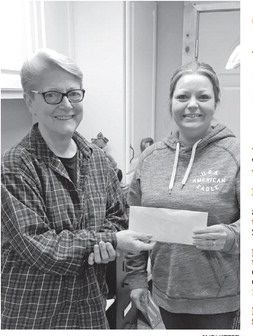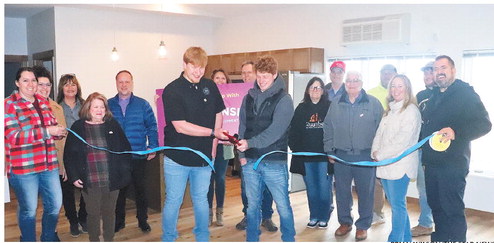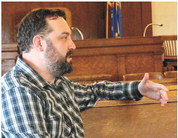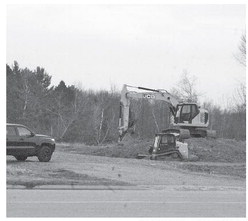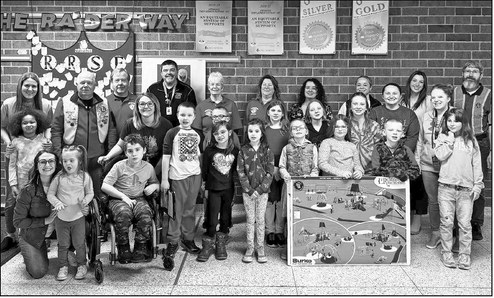Candidates face off in judicial primary
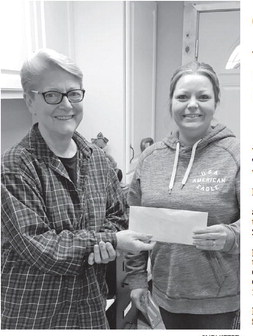

Voters will narrow field between Daniel Kelly, Jill Karofsky and Ed Fallone during Feb. 18 primary
Three candidates are vying for a seat on the Wisconsin Supreme Court. The primary election on Tuesday, Feb 18 will narrow that field to two candidates who will advance to the April 7 general election.
Incumbent Daniel Kelly is being challenged by Jill Karofsky and Ed Fallone.
Kelly is running for his first full term on the court after he was appointed by Gov. Scott Walker (R) to fill the vacancy opened by David T. Prosser’s retirement in 2016.
Kelly says that a central tenet of his judicial philosophy is that judges should decide cases based on their interpretation of the law rather than their political preferences. In his campaign material he has a broader range of experience than either Fallone or Karofsky, including prosecutor, defense attorney, and litigator.
Kelly builds his platform on the concept of the rule of law. He states: “Civilization depends on ordered liberty, functional economics, and individual rights;
• The rule of law is an indispensable foundation for ordered liberty, functional economics, and individual rights;
• The judiciary is uniquely positioned to protect and nurture the rule of law; and
• None of the above matters unless those entrusted with care for the rule of law are willing and able to consistently apply its first principles in clear and certain terms, even when those principles conflict with their personal policy preferences.”
“There is no end to the mischief the judiciary causes when it abandons its role of declaring what the law is, and instead arrogates to itself the power to develop new law in place of what it received from the ultimate lawgivers – the people of the State of Wisconsin and the United States,” he stated.
Fallone, a Marquette University law professor who previously ran for state Supreme Court in 2013, says in his campaign material that he is running to counter the politicization of the judiciary. He says that his teaching experience and his work with the Hispanic community and with low-income clients will bring new perspectives to the bench.
In his campaign statements, Fallone says he has dedicated his life to making the legal system more affordable for low-income and middle-income individuals and to supporting the needs of the Latino community in Wisconsin.
He served on the boards of organizations such as Voces de la Frontera Accion, the Latino Community Center, Centro Legal, Catholic Charities Legal Services for Immigrants, and Catholic Charities of the Archdiocese of Milwaukee.
Fallone with his wife, Heidi, founded the patient advocacy organization Stem Cell Now.
Karofsky was first elected to the Dane County Circuit Court in 2017. She says that Kelly has a record of ruling in favor of conservative groups. In her campaign material Karofsky says that her experience as a trial court judge has made her the most qualified candidate since she has firsthand experience with the impact of state Supreme Court rulings.
“I have spent my career in the law working to help crime victims and to protect our rights, and now I’m running for the Wisconsin Supreme Court because we need to get our state and our country back on the right track,” she stated.
“I’m a judge, I’ve been a local and state prosecutor, I directed the state’s Office of Crime Victim Services. No one knows better than me how important it is to have a legal system that works,” she said, noting her belief that Wisconsin needs judges who will put the tradition of independent and honest courts first.
